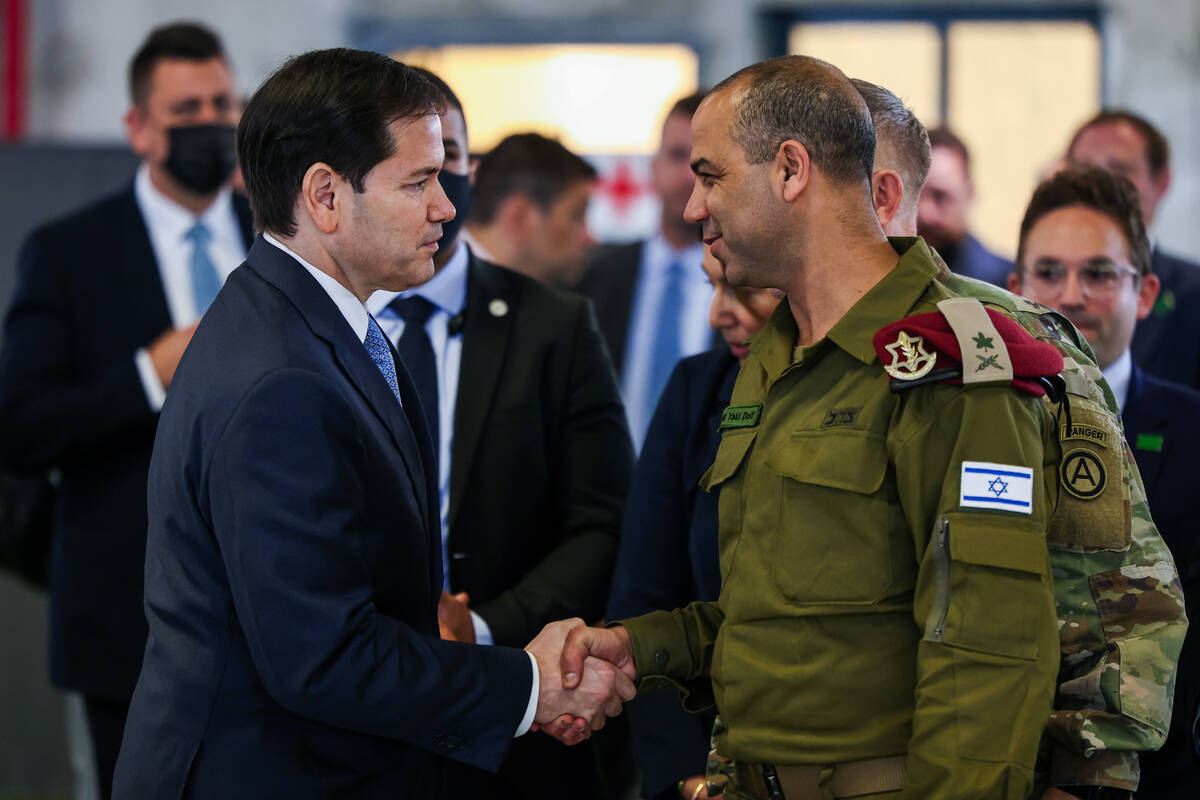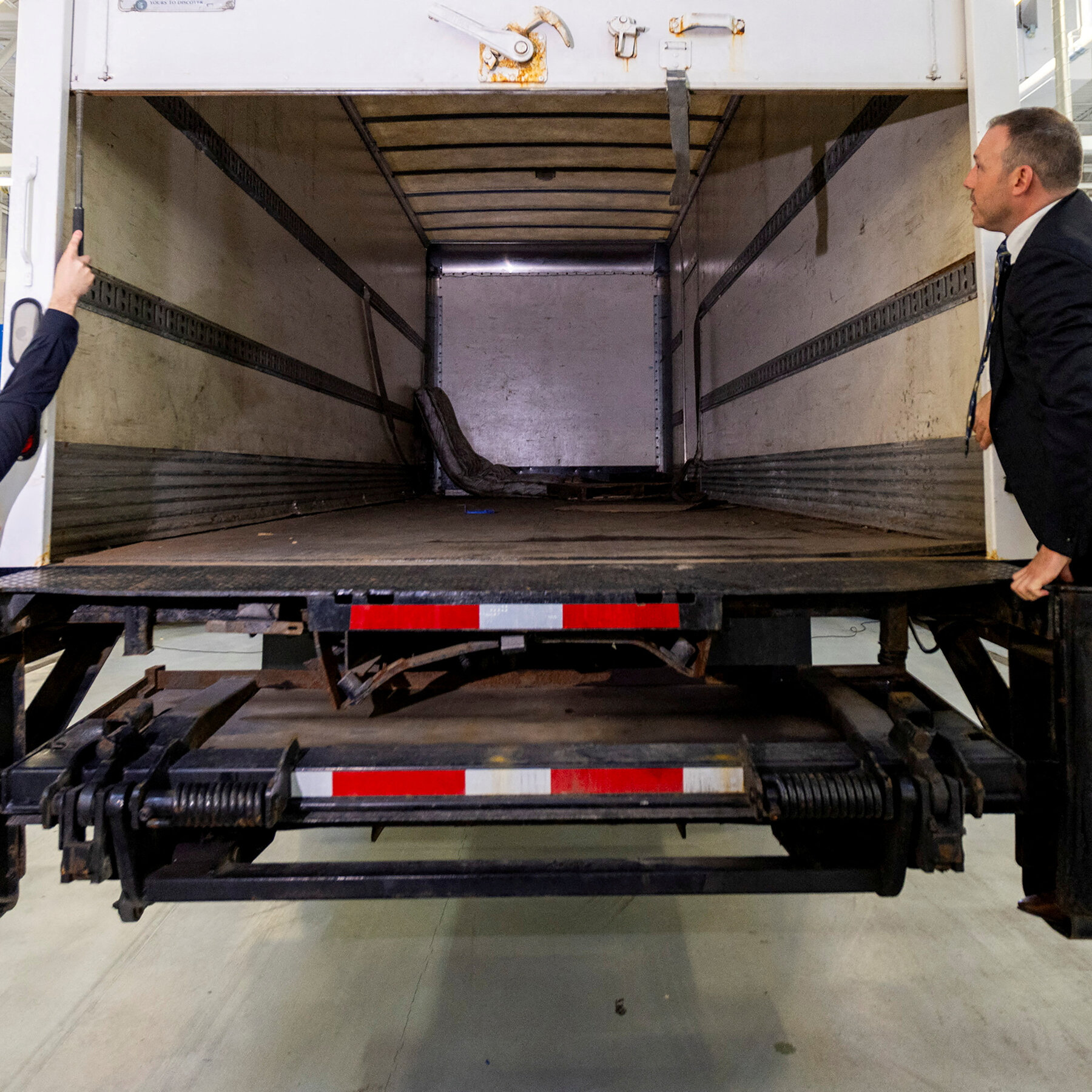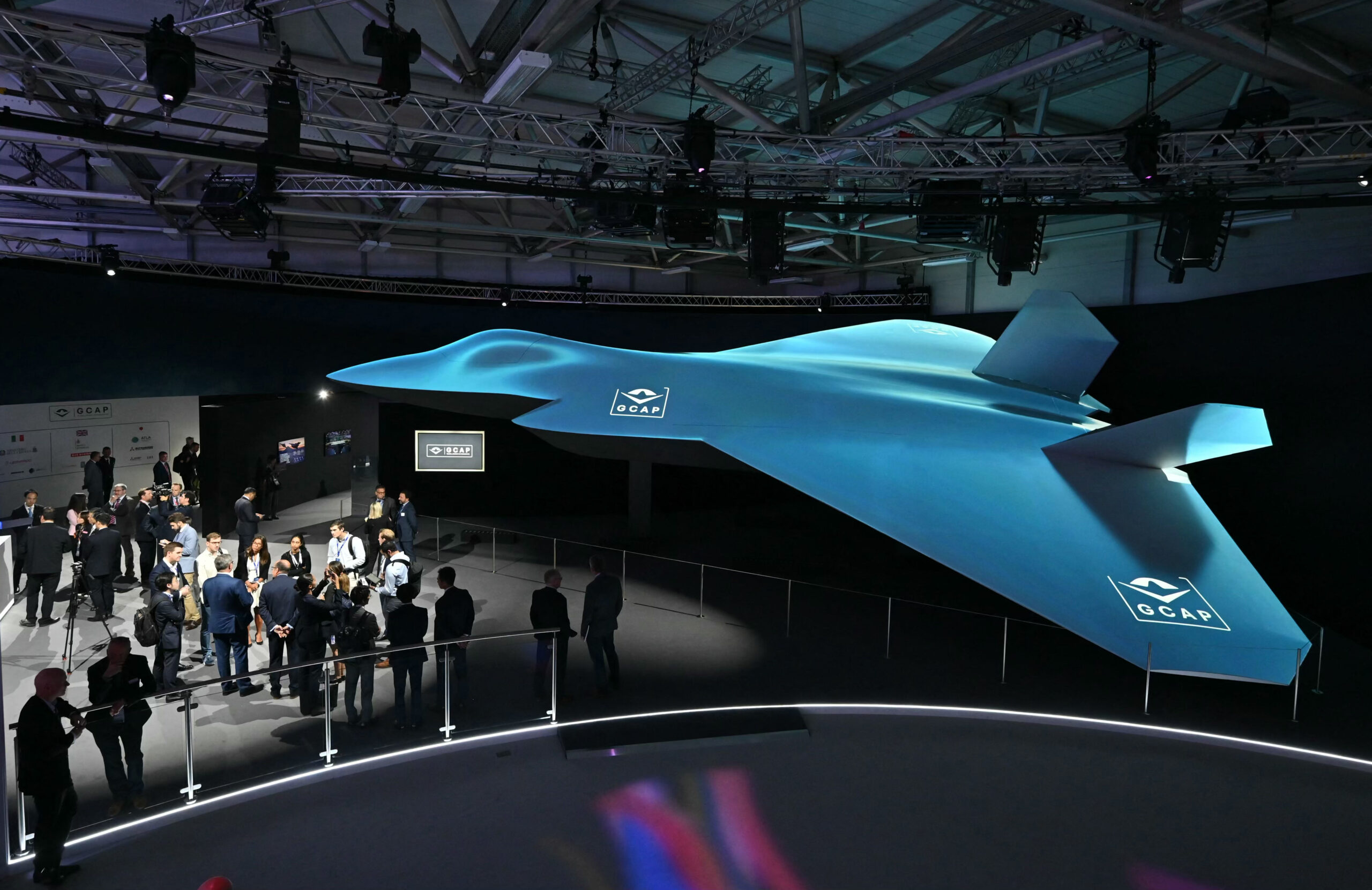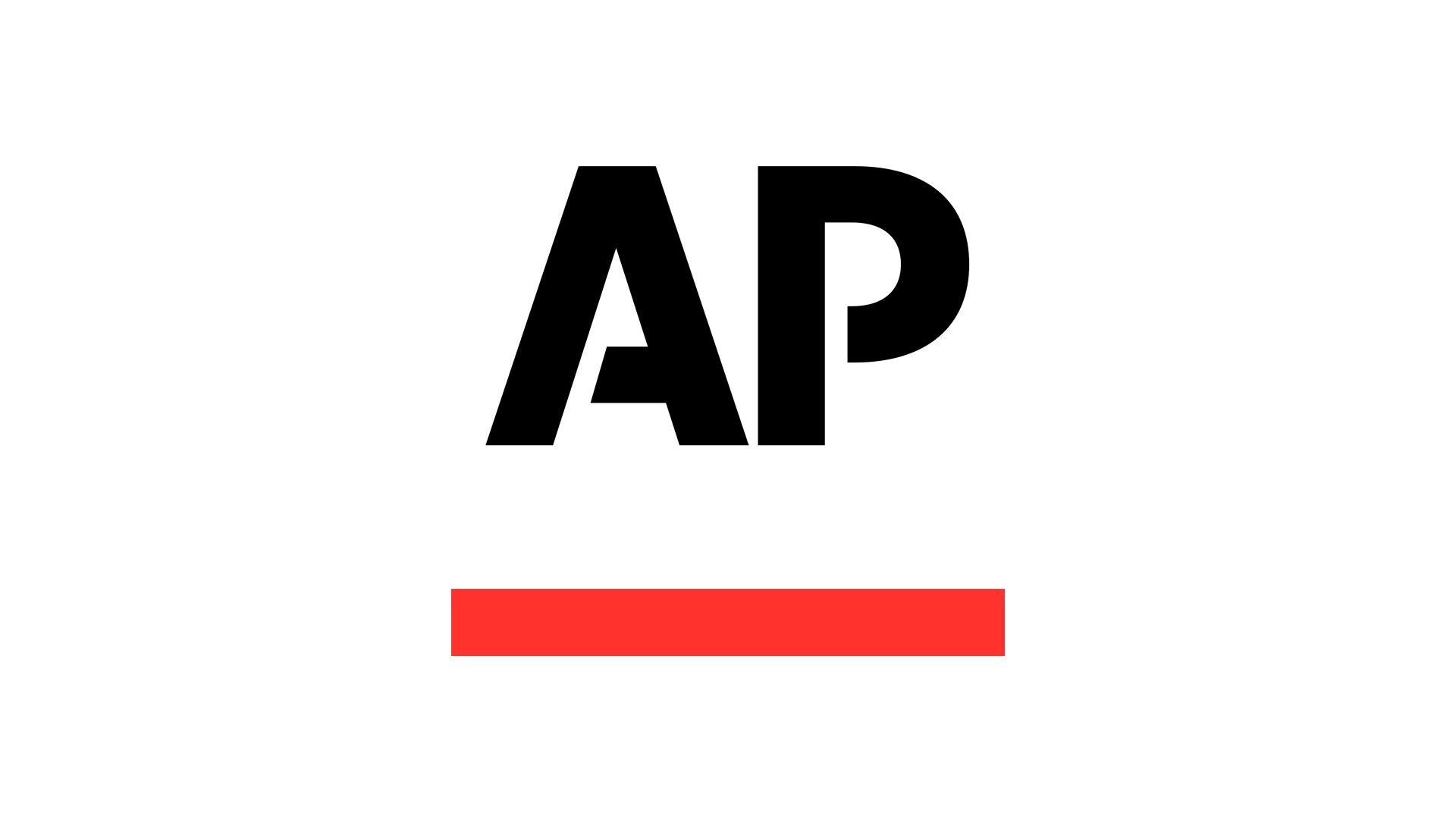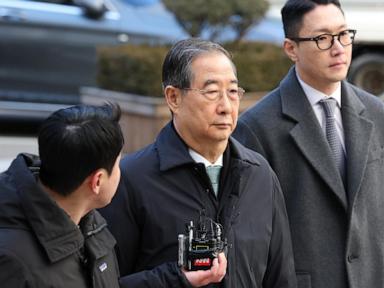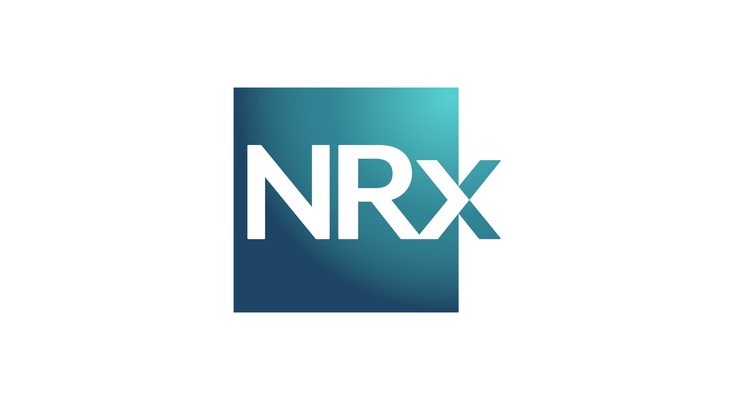On September 29, 2023, U.S. Secretary of State Marco Rubio visited a U.S.-led coordination center in Kiryat Gat, Israel, focused on overseeing the ceasefire in Gaza. This visit comes as the Trump administration aims to establish an international security force to maintain peace in the region and stabilize relations between Israel and Hamas.
Rubio’s inspection follows that of Vice President JD Vance, who announced the center’s opening earlier in the week. Other high-ranking officials, including U.S. envoys Steve Witkoff and Jared Kushner, have also visited Israel as part of ongoing diplomatic efforts. Approximately 200 U.S. troops are currently stationed at the center, collaborating with the Israeli military and representatives from various other nations to plan Gaza’s stabilization and reconstruction.
International Coordination Efforts
During his visit, Rubio observed personnel from multiple international contingents, including those from Cyprus, Greece, France, Germany, Australia, and Canada. He expressed optimism about the progress achieved in the initial days of the ceasefire implementation, acknowledging the challenges faced along the way. “I think we have a lot to be proud of in the first 10 days, 11 days, 12 days of implementation,” Rubio stated.
To enhance the coordination efforts, Rubio appointed Steven Fagin, the U.S. ambassador to Yemen, to lead the civilian operations at the center. The military side is overseen by Adm. Brad Cooper of the U.S. Central Command. The United States is actively seeking support from allied nations, particularly Gulf Arab states, to form an international stabilization force tasked with training a Palestinian security force.
Rubio noted that discussions are underway regarding the necessary language to secure a United Nations mandate or other forms of international authorization for the proposed force. He emphasized that potential contributing nations require clarity on their roles and responsibilities, stating, “What is their mandate, what is their command, under what authority are they going to be operating?” He also highlighted the importance of ensuring that Israel is comfortable with the participating countries.
Humanitarian Aid and Future Plans
In a meeting with Israeli Prime Minister Benjamin Netanyahu on September 28, Rubio discussed various aspects of the aid and stabilization plans for Gaza. He indicated that a coalition of up to a dozen organizations, including United Nations entities and other humanitarian groups, would be involved in delivering assistance. Notably, he confirmed that there would be no role for the U.N. Relief and Works Agency for Palestine Refugees in the Near East (UNRWA) in Gaza, despite recent calls from the International Court of Justice for Israel to allow UNRWA to provide humanitarian aid.
As the situation evolves, the U.S. administration continues to navigate complex diplomatic channels to foster a lasting peace in Gaza while addressing humanitarian needs. The establishment of the coordination center marks a significant step in international efforts to stabilize the region and support the Palestinian people.

